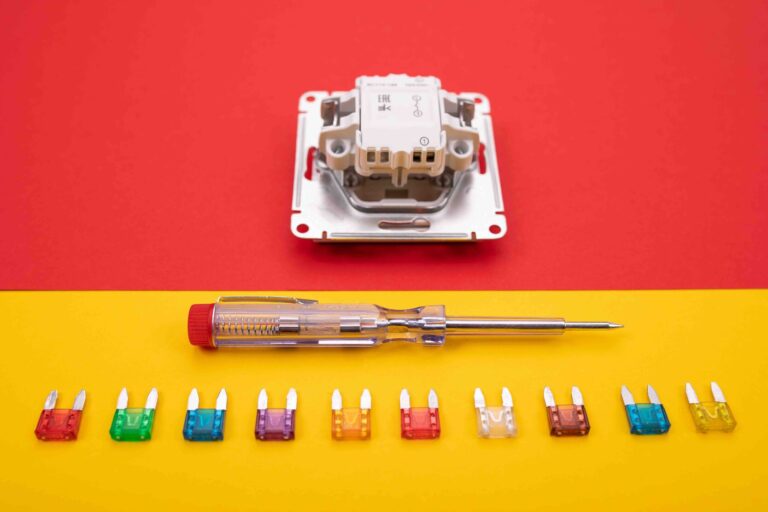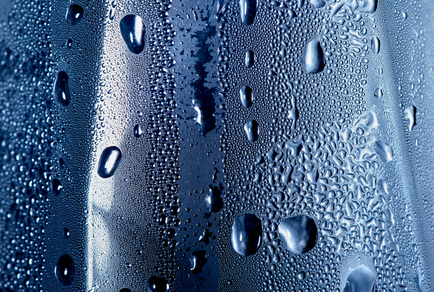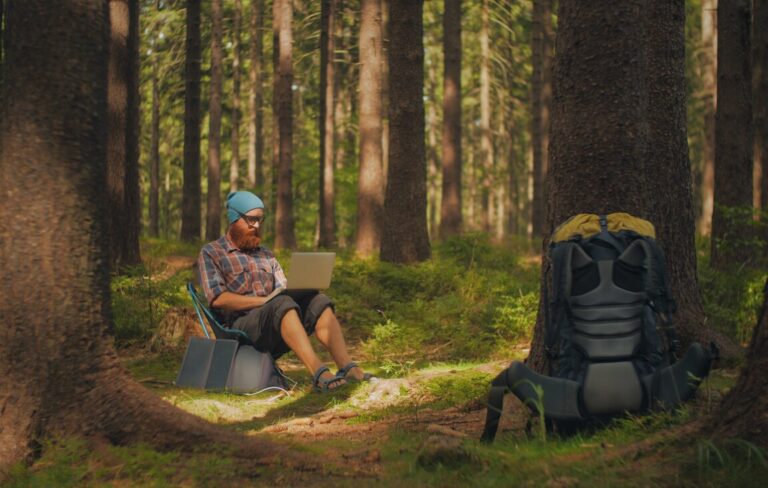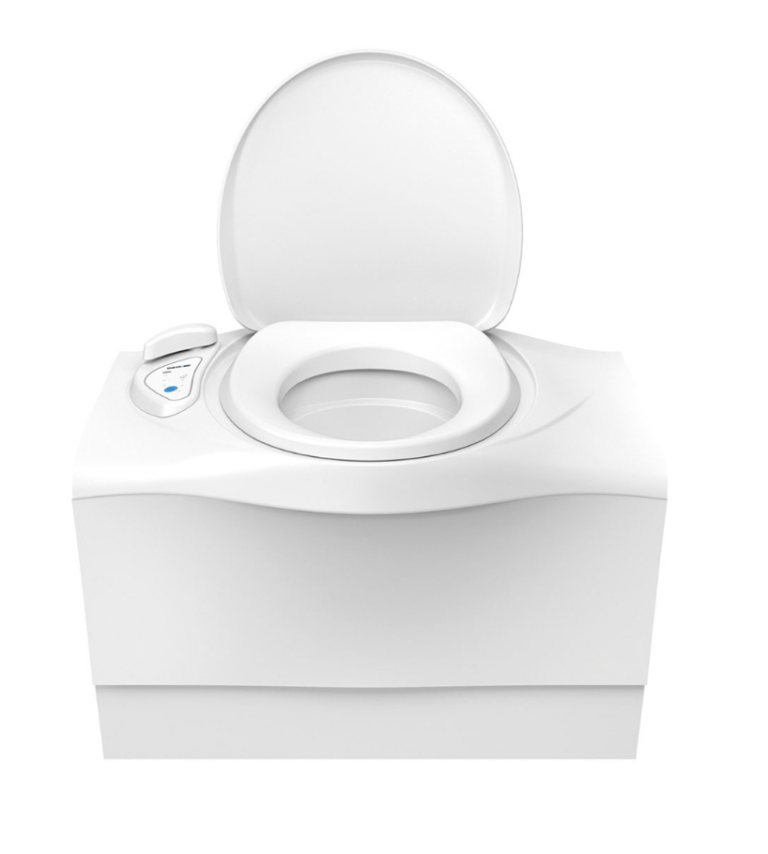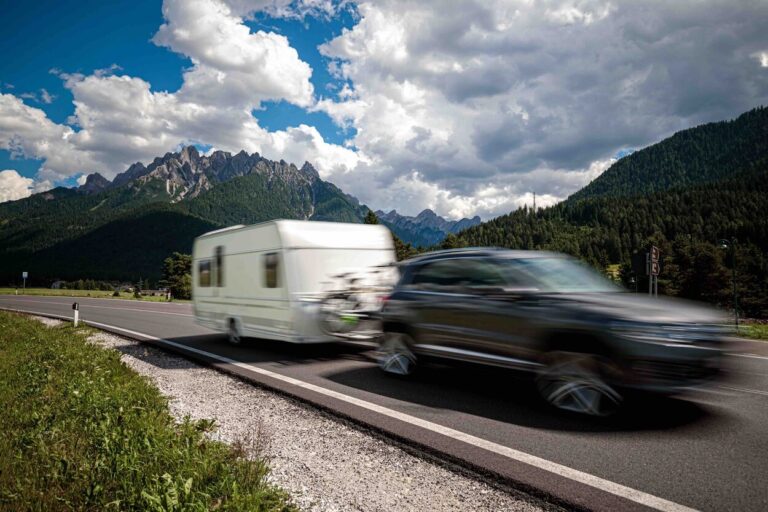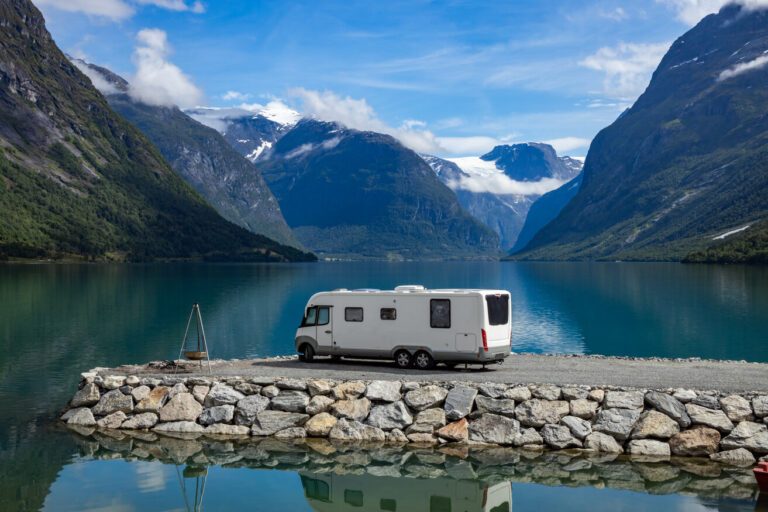A Comprehensive Guide to Motorhome Gas & LPG:
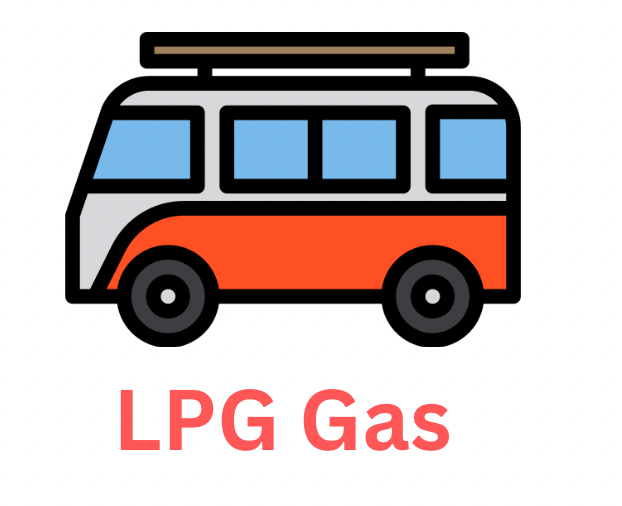
Motorhome Gas & LPG:
Hi in this comprehensive guide to Motorhome Gas and LPG, I will go through some of the key information that will be needed to enjoy the open road safely .
Motorhomes provide a unique way of traveling, giving you the freedom to explore the open road while bringing along all the comforts of home.
But with that freedom comes responsibility, especially when it comes to the use of gas and LPG in your motorhome. Understanding how to safely use and maintain these systems is crucial for any motorhome owner.
A Brief Overview of Motorhome Gas and LPG
In a motorhome, gas is used for a variety of purposes such as cooking, heating water, and running refrigerators.
Propane or butane are commonly used gases in motorhomes due to their efficiency and ease of use.
Liquefied petroleum gas (LPG) is another common fuel source for motorhomes since it is more energy-efficient than gasoline or diesel.
LPG systems work by storing propane under high pressure as a liquid in tanks attached to your vehicle. These systems usually have two tanks so that one can be used while the other is being refilled.
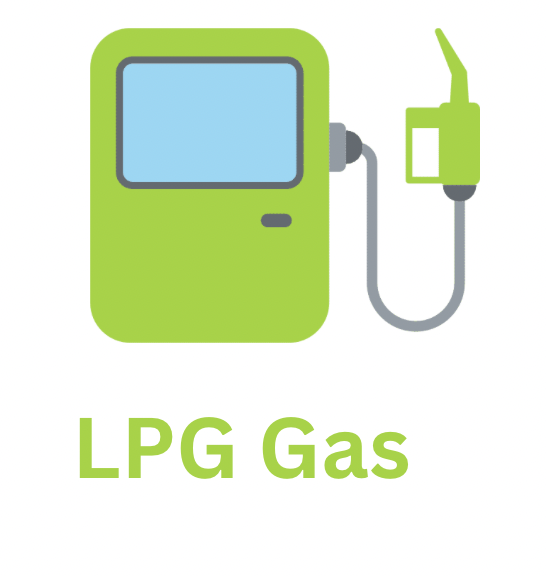
The Importance of Understanding Gas and LPG for Motorhome Owners
While gas and LPG make travel comfortable, they can also pose serious risks if not handled properly. Explosions or fires due to leaks or malfunctions are just some examples.
Therefore, understanding how these systems work, how to safely operate them, and how to maintain them will ensure your safety throughout your journey. Moreover, having a good understanding of these systems allows you to troubleshoot problems more easily if something goes wrong on your trip.
This knowledge will also help you save money on repairs by identifying potential issues before they become major problems. Without proper knowledge about gas and LPG systems in motorhomes could put yourself at risk for injury or damage to your vehicle and others.
Make sure you familiarise yourself with YOUR systems to ensure a safe and enjoyable trip.
Tip
I personnel use 6kg bottles of Calor Gas (Propane) here in the UK , 1 has lasted 7 months using it almost daily for showers and heating food via the hob.
Types of Gas Used in Motorhomes
Propane vs Butane
When it comes to gas for motorhomes, there are two main types to consider: propane and butane.
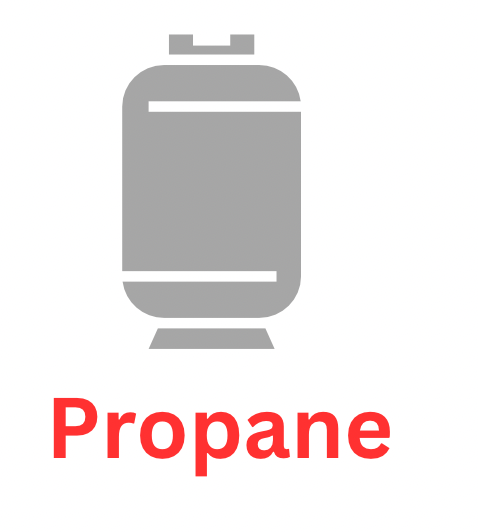
Propane is the most commonly used gas in motorhomes, and for good reason. It has a higher energy content than butane, which means it produces more heat per unit of gas used.
This makes propane ideal for larger motorhomes with multiple appliances that require a lot of heat, such as ovens and water heaters.
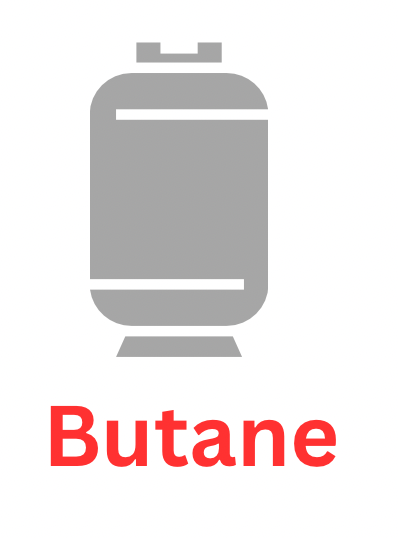
Butane, on the other hand, has a lower energy content than propane. This means that while it may be cheaper than propane, you’ll need to use more of it to achieve the same level of heat output.
Butane is best suited for small motorhomes with fewer appliances or for those who don’t use their appliances frequently.
Advantages and Disadvantages of Each Type
While both propane and butane have their advantages and disadvantages when used in a motorhome, ultimately the decision will come down to your individual needs and preferences.
Propane:
One advantage of propane is that it can be used in colder temperatures without losing its effectiveness.
This makes it a great choice if you plan on using your motorhome during winter months or in colder climates.
Propane is also widely available at most gas stations and RV parks.
Butane:
On the other hand, one advantage of butane is that it burns cleaner than propane, producing less soot and carbon dioxide emissions.
Additionally, butane cylinders are typically smaller and lighter than propane cylinders which make them easier to carry around or store.
However, one disadvantage of using butane is that its boiling point is higher than propane’s boiling point which means at low temperatures (below 0°C/32°F), its vaporisation rate will slow down resulting in decreased heating performance compared to propane.
Another disadvantage with butane is that it is not available everywhere and you may need to plan ahead if you’re driving in remote areas.
Propane and butane both have their own set of advantages and disadvantages. It’s important to consider your individual needs when choosing between the two gases, as well as any potential safety concerns that may arise.
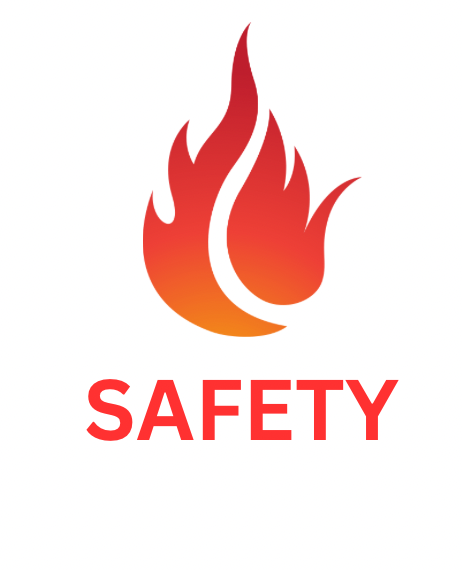
Gas Safety Precautions
Importance of Proper Ventilation
When it comes to using gas in your motorhome, one of the most important things to keep in mind is proper ventilation.
This means ensuring that there is a constant flow of fresh air into your motorhome, and that any gas fumes are allowed to escape outside.
Without proper ventilation, gas fumes can build up inside your motorhome and cause serious health problems or even death. In addition, a lack of ventilation can increase the risk of fire or explosion.
To ensure proper ventilation in your motorhome, make sure you have windows or vents open when using gas appliances. You may also want to consider installing a carbon monoxide detector inside your motorhome as an extra precaution.
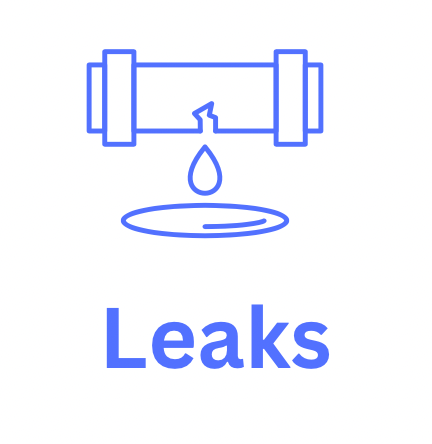
Checking for Gas Leaks
Gas leaks are another potential hazard when using gas in your motorhome. It’s important to regularly check for leaks and address them immediately if you find any.
One way to check for gas leaks is by using a solution of soapy water. Simply apply the solution around any connections or joints in your gas system and look for bubbles – if there are bubbles forming, it indicates that there is a leak.
If you do detect a leak, turn off all appliances and extinguish any flames immediately. You should also avoid turning on electrical switches or smoking until the leak has been fixed.
How to Safely Handle Gas Cylinders
Handling gas cylinders can be dangerous if not done properly. When handling cylinders, always make sure they’re stored in an upright position and secured firmly – they should never be left loose or rolling around while traveling.
When connecting or disconnecting cylinders from appliances, make sure everything is turned off first and buy/use the correct spanners/tools for the job .
You should also use appropriate gloves when handling cylinders as they can become very cold during use. Always make sure you’re using the right type of gas for your appliances.
Mixing propane and butane, for example, can be dangerous and lead to leaks or explosions.
By following these safety precautions, you can use gas in your motorhome with confidence and ensure the safety of yourself and others on board.
Understanding LPG Systems in Motorhomes
Overview of how LPG systems work
LPG stands for liquefied petroleum gas, and it is one of the most common types of gas used in motorhomes. These systems typically consist of a refillable cylinder that is connected to a regulator, which then controls the flow of gas into the appliances.
The regulator ensures that the pressure remains consistent and safe, while also preventing any leaks from occurring.
One of the main advantages of using an LPG system is that it provides a more efficient source of energy than other types of gas. This means that you can enjoy longer periods without having to refill your gas cylinder, which can be especially important when you are on long road trips, also can be cheeper to run in some countries.
Different types of LPG systems available
There are several different types of LPG systems available for motorhomes, each with its own set of pros and cons. For example, some systems use a single cylinder, while others use multiple cylinders that can be easily switched out when necessary.
Another consideration when choosing an LPG system is whether or not you want it to be permanently installed in your vehicle. Some motorhome owners prefer to have a portable system so they can easily take it out if they need more space or if they are selling their vehicle.
It’s important to take all these factors into account when choosing an LPG system for your motorhome. Consider your needs, requirements and usage habits before making a final decision and always consult with a professional installer if necessary to ensure that everything is done safely and correctly .
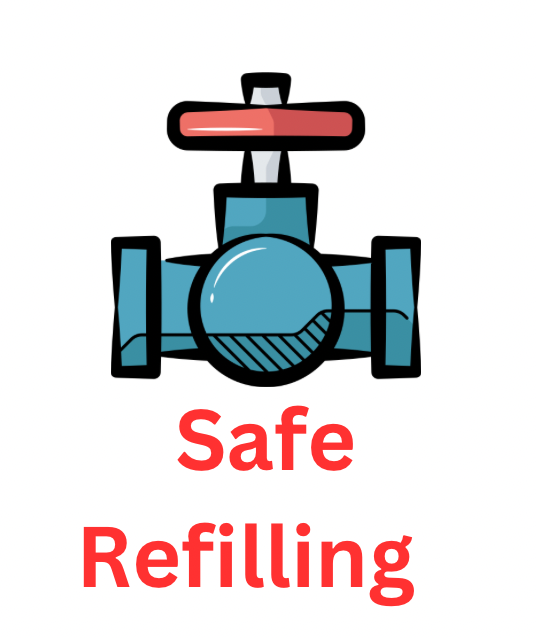
Refilling Gas Cylinders
Where to Refill Gas Cylinders
One of the most important things to know when it comes to refilling gas cylinders for your motorhome is where to go. You don’t want to be caught out in the middle of nowhere with an empty tank and no place to refill it.
Fortunately, finding places to refill gas cylinders is fairly easy, as many petrol stations and camping stores offer this service. When searching for a place to refill your gas cylinder, look for signs that say “LPG” or “propane/butane refill.”
Some petrol stations may only offer fuel for cars, so it’s a good idea to call ahead or do some research before setting off on a long journey.
Another option is using online resources such as apps or websites that provide up-to-date information on where you can find LPG refilling stations near you. This can be particularly helpful if you’re travelling in an unfamiliar area.
Tip:
At the time of writing Im sure the Calor gas do not make any more new 6 Kg cylinders and now you have to search online to buy second hand , I was fortunate I bought mine from a dealer fully topped up with gas for about £75 , and am still using this one after 6 months of use , and have just bought my back up for the same price .
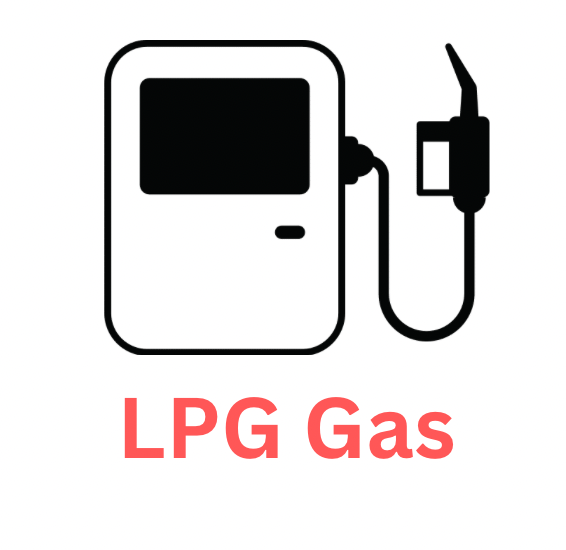
Tips for Safe Refilling
Once you’ve found a place to refill your gas cylinder, there are some important safety tips you should keep in mind.
Firstly, make sure your motorhome’s LPG system is switched off before attempting to remove the cylinder. This will prevent any gas from escaping and causing harm.
When handling the cylinder, make sure it’s properly secured and doesn’t roll around during transportation. It’s also important not to attempt any repairs or modifications yourself – always seek assistance from trained professionals.
When filling up the cylinder, ensure that the nozzle isn’t damaged or leaking before connecting it securely. Once connected, slowly open the valve and wait until the cylinder is full – this should take around 10-15 minutes depending on its size.
Knowing where and how to safely refill your gas cylinders is crucial for any motorhome owner using propane or butane. Always remember to take necessary precautions and seek help from professionals if you’re unsure about anything.
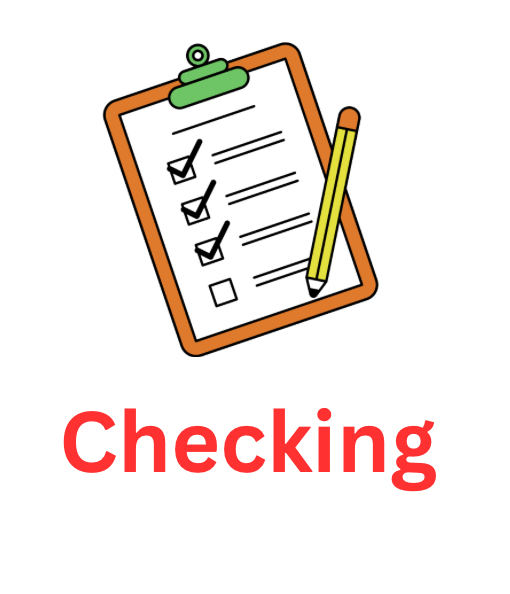
Maintenance Tips for Gas and LPG Systems
Regular checks to ensure safety
It’s important to regularly check your gas and LPG systems to ensure they are functioning safely. One of the first things you should do is check all connections and hoses for leaks.
To do this, you can use a gas leak detector or simply apply soapy water along the connections. If bubbles form, there is likely a leak that needs to be fixed immediately.
Additionally, make sure your gas cylinder is up-to-date on inspections and replace it if necessary. Keep an eye out for any physical damage or rusting on the cylinder, as this can lead to leaks or other issues down the line.
Another important aspect of regular maintenance is checking your gas appliances for any signs of damage or wear over time. This includes ensuring that any burners are functioning properly and that ventilation systems are clear.
Cleaning and maintaining appliances that use gas or LPG
Cleaning your appliances regularly can help extend their lifespan, as well as prevent any potential safety hazards from arising.
For example, build-up of grease and grime on stove burners can result in slow ignition times or uneven flames, which can be dangerous when cooking in a confined space like a motorhome.
For best results, use recommended cleaning products for each appliance type (e.g., oven cleaner for ovens) rather than harsh chemicals that could damage them over time.
Be sure to clean all parts thoroughly—including burner caps, grates, and drip pans—to ensure proper function. In addition to cleaning regularly, it’s also important to maintain your appliances by replacing damaged parts as soon as possible.
If you notice anything unusual during usage—such as flickering flames or strange noises—it may be time to have an expert take a look at the appliance before using it again.
Overall, regular maintenance and cleaning of both your gas and LPG systems and appliances can prevent safety hazards, extend the lifespan of your gear, and ensure that everything is functioning properly on your motorhome trips.
FAQ’s
Q: What is Calor gas, and how is it different from LPG gas?
A: Calor gas is a brand of liquefied petroleum gas (LPG) commonly used for domestic and commercial purposes. LPG gas, on the other hand, refers to any gas composed primarily of propane or butane. Calor gas is one of the leading suppliers of LPG gas in the UK and Ireland.
Q: How is LPG gas stored and transported?
A: LPG gas is stored and transported in pressurised cylinders or tanks. These containers are designed to withstand the high pressure of the gas and are available in various sizes to cater to different needs. They are typically made of steel or composite materials and equipped with safety features.
Q: What are the main uses of Calor gas and LPG gas?
A: Calor gas and LPG gas have a wide range of applications. They are commonly used for heating and cooking in homes, caravans, and boats. LPG gas is also used in various commercial and industrial sectors, such as forklift fuel, agricultural heating, and hospitality businesses.
Q: How efficient is Calor gas and LPG gas compared to other energy sources?
A: Calor gas and LPG gas are known for their high energy efficiency. They provide instant and controllable heat, making them an efficient choice for cooking and heating. They have higher calorific values compared to natural gas, which means they release more heat per unit of volume when burned.
Q: How can I safely use and handle Calor gas or LPG gas?
A: To ensure safe usage, it is important to follow certain guidelines. Always store LPG gas cylinders upright in a well-ventilated area outdoors. Avoid exposing them to high temperatures or direct sunlight. When connecting or disconnecting cylinders, make sure to check for gas leaks using soapy water. Additionally, never use LPG gas indoors without proper ventilation.
Conclusion
Recapping on the Importance of Understanding Motorhome Gas and LPG
Hopefully by reading this Comprehensive Guide to Motorhome Gas & LPG, and Understanding the ins and outs of motorhome gas and LPG you will be able to have confidence using the system you choose, and the ability to carry out the maintenance tasks .
Not only does it help you stay safe, but it also ensures that your appliances are properly fueled and maintained for optimum performance.
We have discussed the different types of gas used in motorhomes, safety precautions to take when handling gas, how LPG systems work, where to refill gas cylinders, and maintenance tips to keep everything running smoothly.
As a responsible motorhome owner, you should always prioritise safety first. Make sure to regularly check for gas leaks and proper ventilation inside the vehicle.
Refilling gas cylinders should be done with caution and at certified stations only. If you notice any faulty appliances or issues with your LPG system, seek professional help immediately.
Final Tips for Safe Usage
Here are some final tips to keep in mind as you continue using motorhome gas and LPG: – Always have a fire extinguisher readily available in case of emergencies.
- Turn off all appliances that use gas or LPG when they are not in use. – When driving with your LPG system on, make sure all valves are properly secured.
- Have your LPG system checked regularly by a certified technician to ensure it is working correctly. – If possible, consider installing a carbon monoxide detector inside your motorhome.
By implementing these tips into your routine as a motorhome owner, you can rest assured knowing that you are taking the necessary precautions for safe usage of gas and LPG systems. Remember: knowledge is power!
By educating yourself on this important topic, you can enjoy all the benefits of owning a motorhome while keeping yourself and others safe, and if your interested in ideas for earning money while on the road check out our blog on this. Happy travels!
Written by Rich
